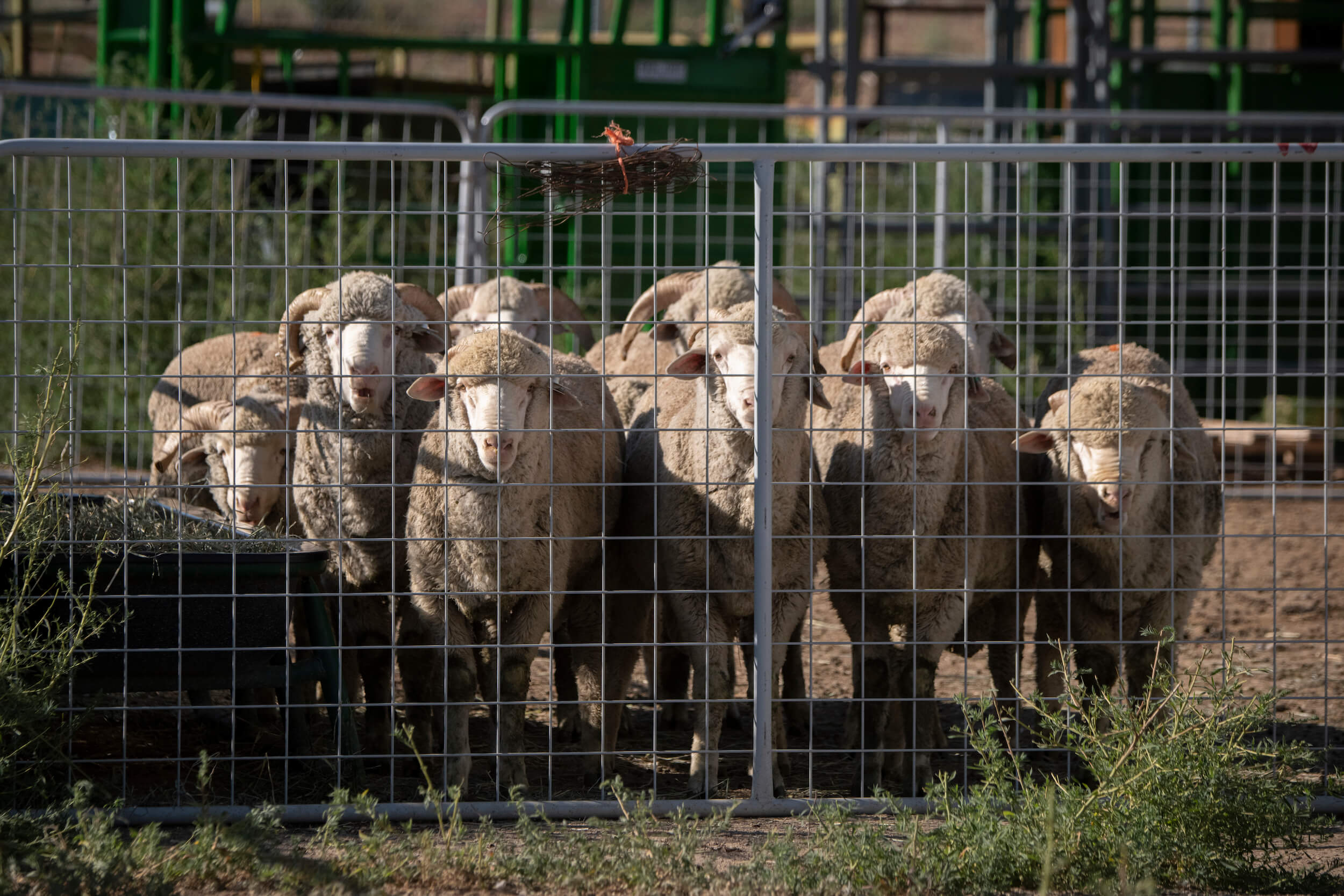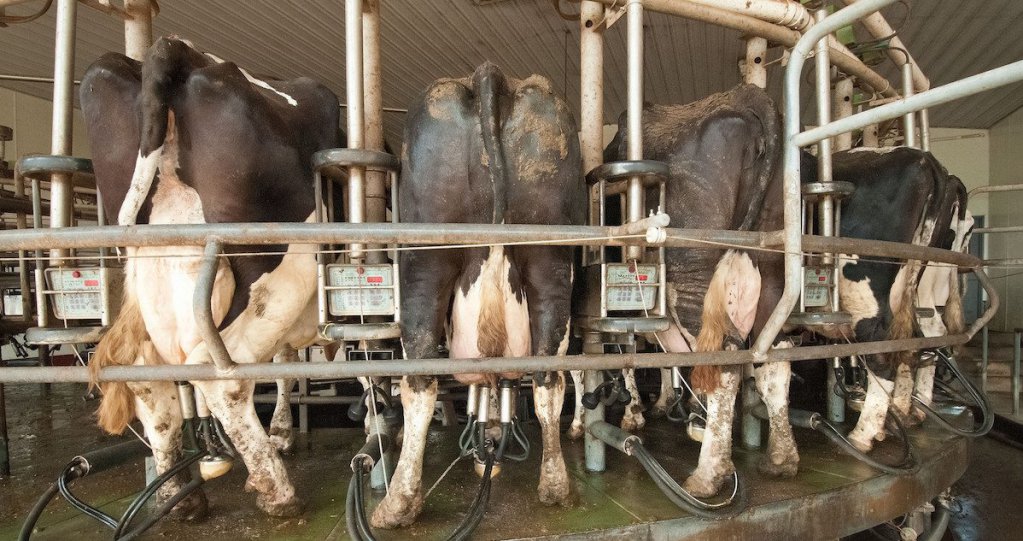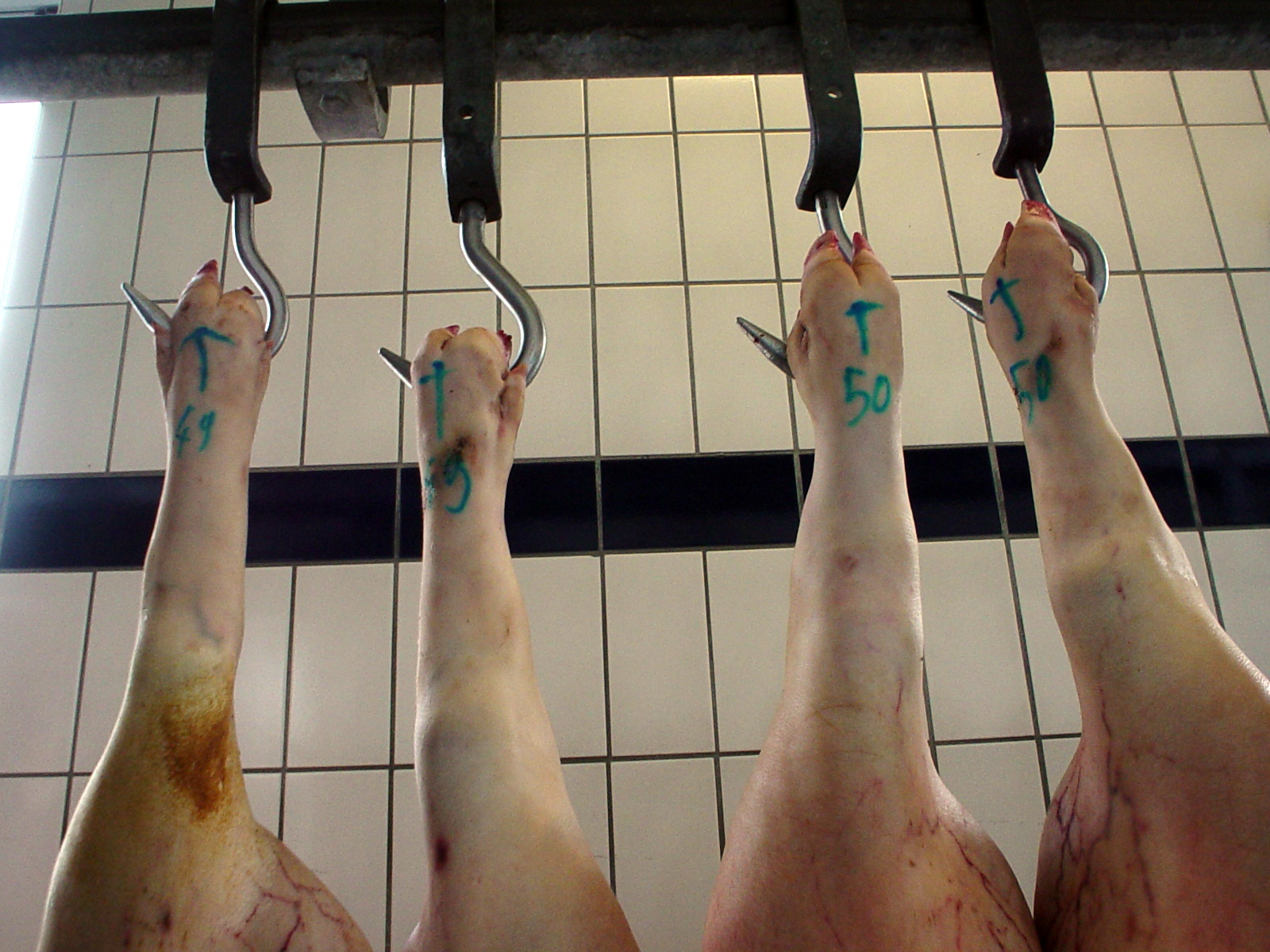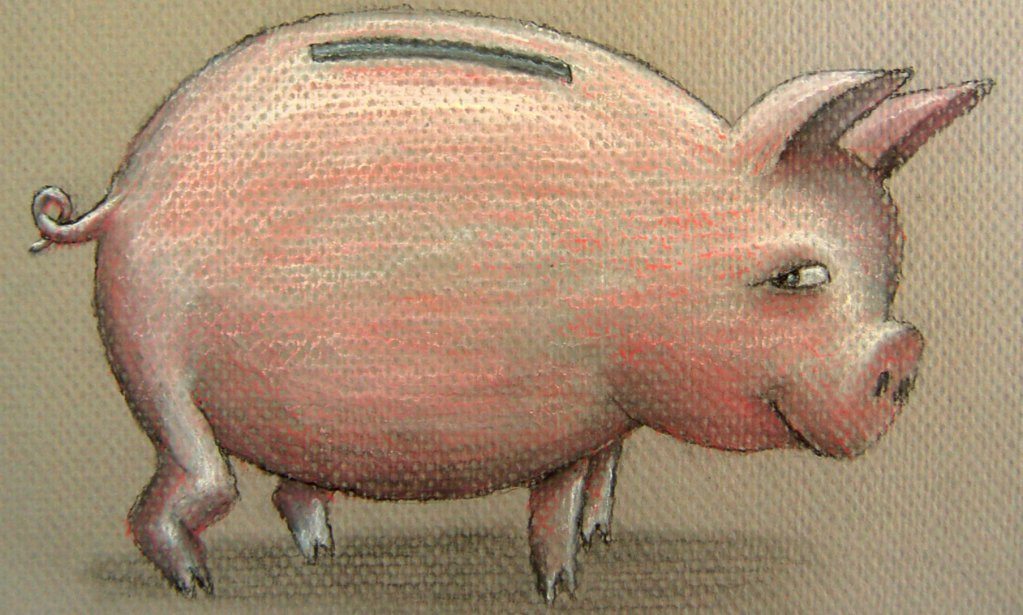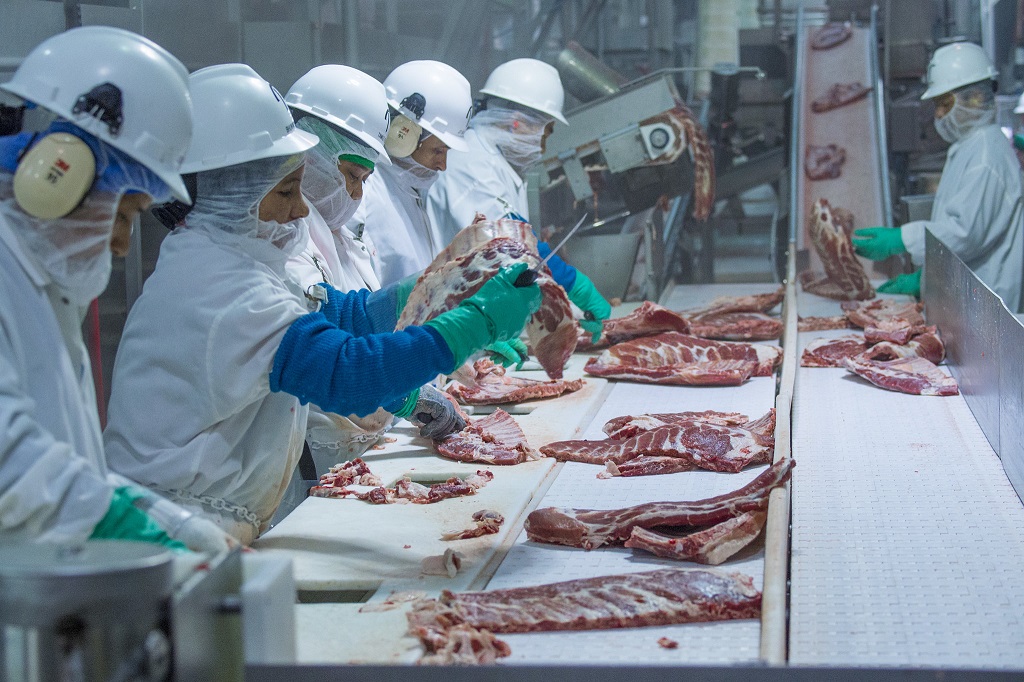This vast database was taken offline due to “privacy concerns,” but Congress pushed back. Now we’re learning of a host of animal welfare abuses.
On Tuesday, the United States Department of Agriculture’s Animal and Plant Health Inspection Service (USDA APHIS) announced it had released a searchable database of thousands of inspection reports documenting animal welfare violations at research labs, breeders, dealers, zoos, and other facilities.
The agency removed many of the records from the internet in early 2017, shortly after Trump took office, citing “privacy concerns.” The inspection reports, which are used by interest groups like the Humane Society to compile lists including the “Horrible Hundred,” an annual publication naming and shaming puppy mills that violate state and federal regulations, include the addresses of inspected facilities. They also document violations observed during each inspection.
The release of the documents is the result of a provision in the Consolidated Appropriations Act of 2020, the government funding bill passed by Congress in late December. The legislation mandated that APHIS restore the records in a searchable format and remove some redactions.
At a laboratory studying avian diseases, 15 ducks were found dead by a caretaker, apparently of dehydration.
Many of the inspections appear to contain no animal welfare violations, though the database does not allow users to sort inspections based on the number of issues identified. Problems uncovered by inspectors range from cats dying on international flights (Turkish Airlines) to rodents in the bat exhibit at the zoo (Central Park, New York City).
On several occasions, inspectors have noted “critical” animal welfare violations at the USDA’s own research facilities. At a poisonous plant research laboratory run by the agency’s Agricultural Research Service, 32 quail chicks were found dead after an apparent system failure heated their room to 132 degrees Fahrenheit. At a laboratory studying avian diseases, 15 ducks were found dead by a caretaker, apparently of dehydration. A subsequent necropsy (the animal equivalent of an autopsy) revealed they may not have had access to water for many days before they died. On four separate occasions in the early months of 2019, inspectors found various issues with the care of sheep at the U.S. Meat Animal Research Center in Nebraska. As a result, several sheep were euthanized.
As The Washington Post reported last year, the larger issue with the USDA’s enforcement of animal welfare laws under the Trump administration may be that the agency is simply doing fewer inspections and citing fewer violations than it used to. Between 2014 and 2018, the number of inspections decreased from 9,489 to 8,354. The decline in violations cited was far more dramatic: Whereas 6,052 violations were issued in 2014, by 2018 just 1,716 went on the books. That’s a 72 percent decline.
The USDA told the Post that the decline in the number of violations could be attributed to staff shortages and an improvement in communication between agency officials and research facilities. Behind the scenes, however, former employees at the agency’s Animal Care unit told reporters that the agency had encouraged a lenient approach to inspections that put animals at risk.
The agency will be required to post additional enforcement documents in the coming days and weeks.
